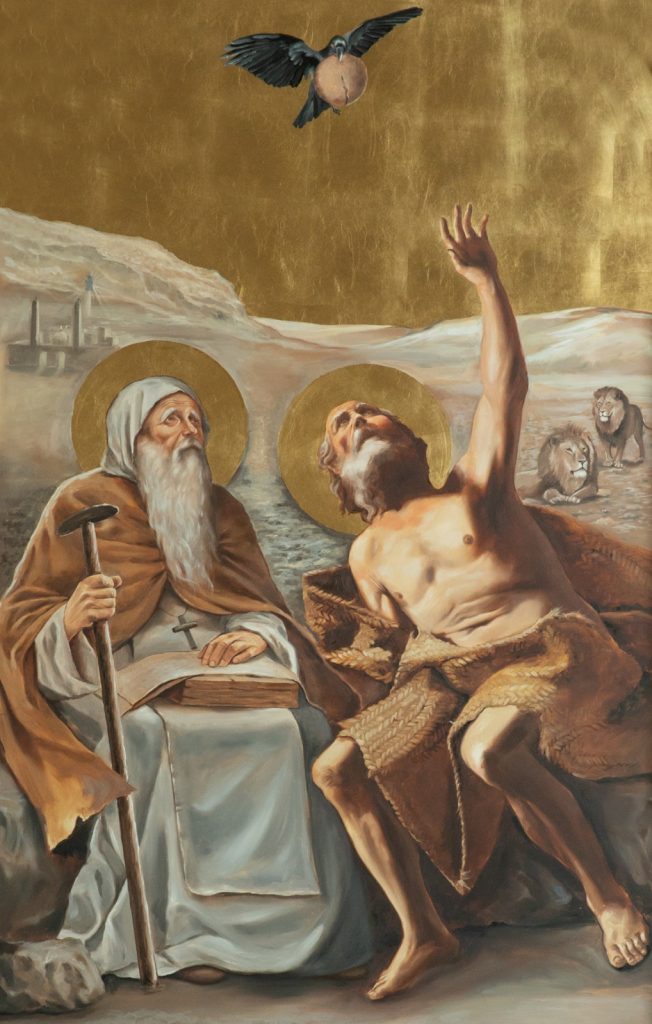
"We have left all and followed You.”
(Mark 10:28)

"If you want to be perfect, go, sell what you have and give to the poor, and you will have treasure in heaven; and come, follow Me."
(Matthew 19:21)
"What do I have to do then with all the money of this temporal world which I shall leave naked?"
"There is a man who lives in the inner wilderness; the world is not worthy of his footsteps. By his prayers, the Lord brings rain and dew to fall on the earth, and brings the flood of the Nile in its due season."